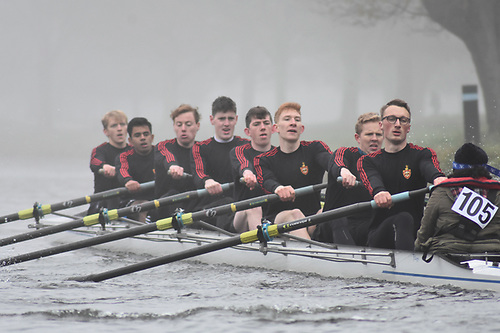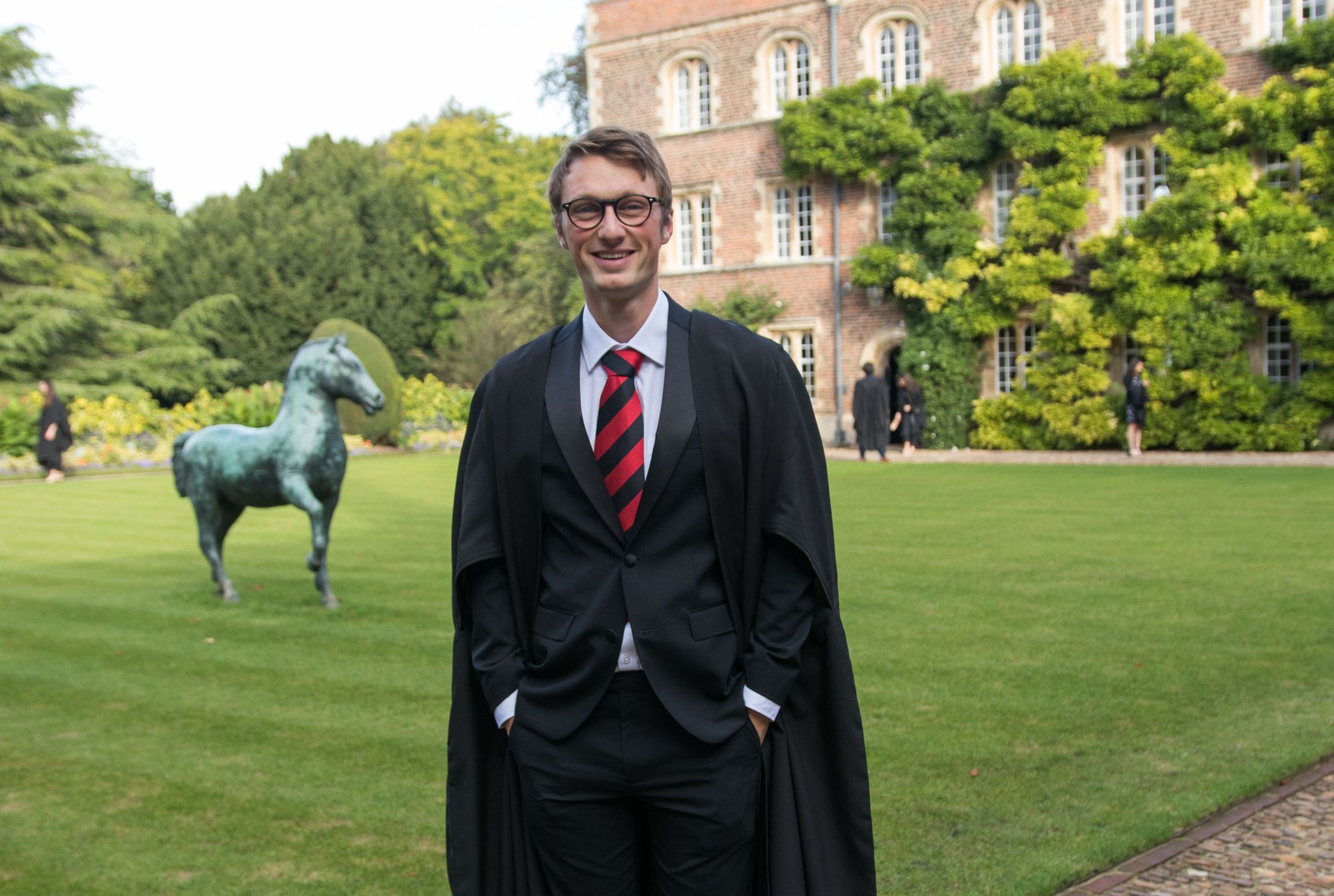Around one and a half years ago I stared at my computer. I wanted to do a master’s degree abroad, but where? I started narrowing down my scope, and I quickly realized that, in contrast to some universities in Denmark, universities in the UK offer a plethora of specialized master’s degrees, which suited me very well. In this blog post, I want to outline some considerations that will, hopefully, help you choose a master’s degree. I will do this by using my own experiences as an example.
No matter whether you want to do a master’s abroad or not, I believe it is highly valuable to spend some time considering what kind of master’s degree would fit you best and what you want to gain from it.
- LEARNING STYLES:
a. What style of education do you prefer – taught- or research-based?
b. What do you want to do in the future?
c. Do you like to study in small classes where everything is more intimate or in larger groups where you have a better chance of finding your next soulmate?
I’m doing the MPhil in Basic and Translational Neuroscience at the University of Cambridge – and I enjoy it a lot! What I like about this course is that it is very hands-off, so I have time to read what I want, meet with interesting researchers, and nobody expects me to have read 100 pages for a lecture. It is all about my development as a researcher.
- CULTURE/LOCATION:
a. Are you eager to meet new people, or do you prefer to stay in Denmark where your friends are?
b. Would you like to meet students from different backgrounds and cultures?
c. Would you like to go to an English-speaking country or do you want to learn a new language?
I wanted to experience the college-system in Cambridge. When studying at the University of Cambridge, the college is typically where you meet some of your best friends, and you learn so much from having great conversations with people from different fields. The college is your home and, therefore, they try to make sure that you have everything you need to do well in your studies - there is a housekeeper every day, they offer healthy, cheap food in the cafeteria, free access to sports facilities, and a physiotherapist. What do you want more? I’ve always wanted to start rowing, so I jumped right into it - and I enjoy it a lot!

- NETWORK.
a. Would you like to work with some of the leading scientists in your field, or do you benefit most from having a long-term corporation with researchers in your home country?
I applied for a degree at the University of Cambridge because I’m interested in the fundamental research and translational neuroscience in dementia. The UK-DRI (Dementia Research Institute) at the University of Cambridge offers cutting-edge, interdisciplinary research, focusing on dementia.
Choose the university based on interesting lecturers/researchers within your field and not only based on rankings. The people you meet might become some of your long-term contacts that you can benefit from throughout your career.
Choosing the university where you did your bachelor’s degree might be the right solution for you, but try investigating other possibilities. It might even convince you to go abroad or maybe it makes you more convinced about your current career track. There are also drawbacks from doing a master’s abroad, such as the difficulty of pursuing a Ph.D. in Denmark afterward, so keep everything in mind when choosing.
Written by Lasse Voss
